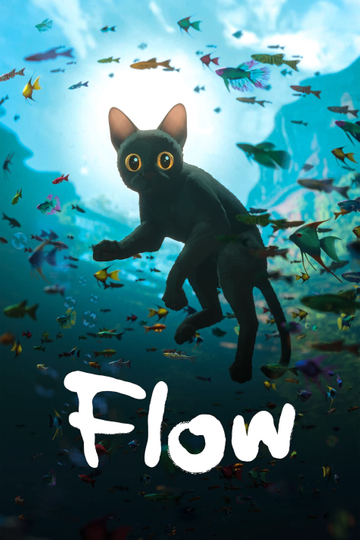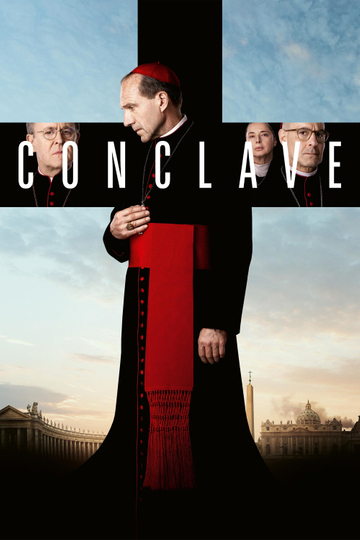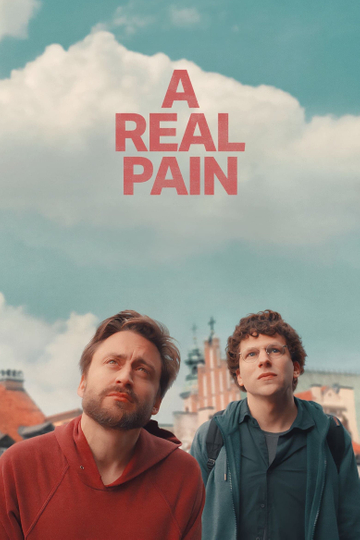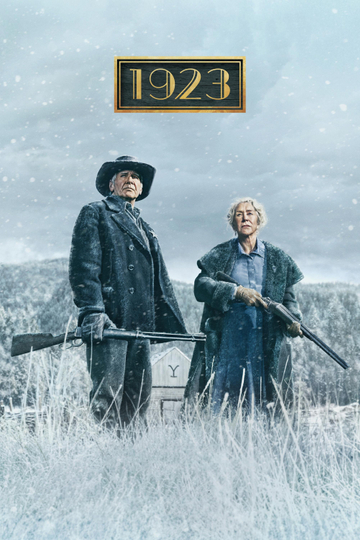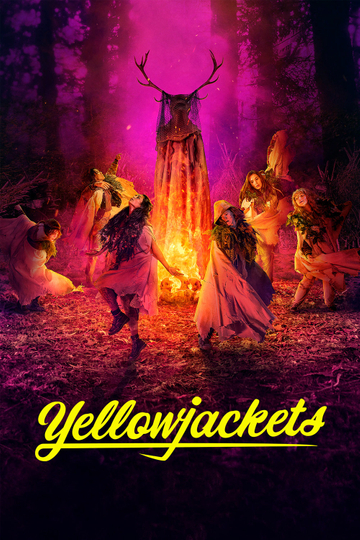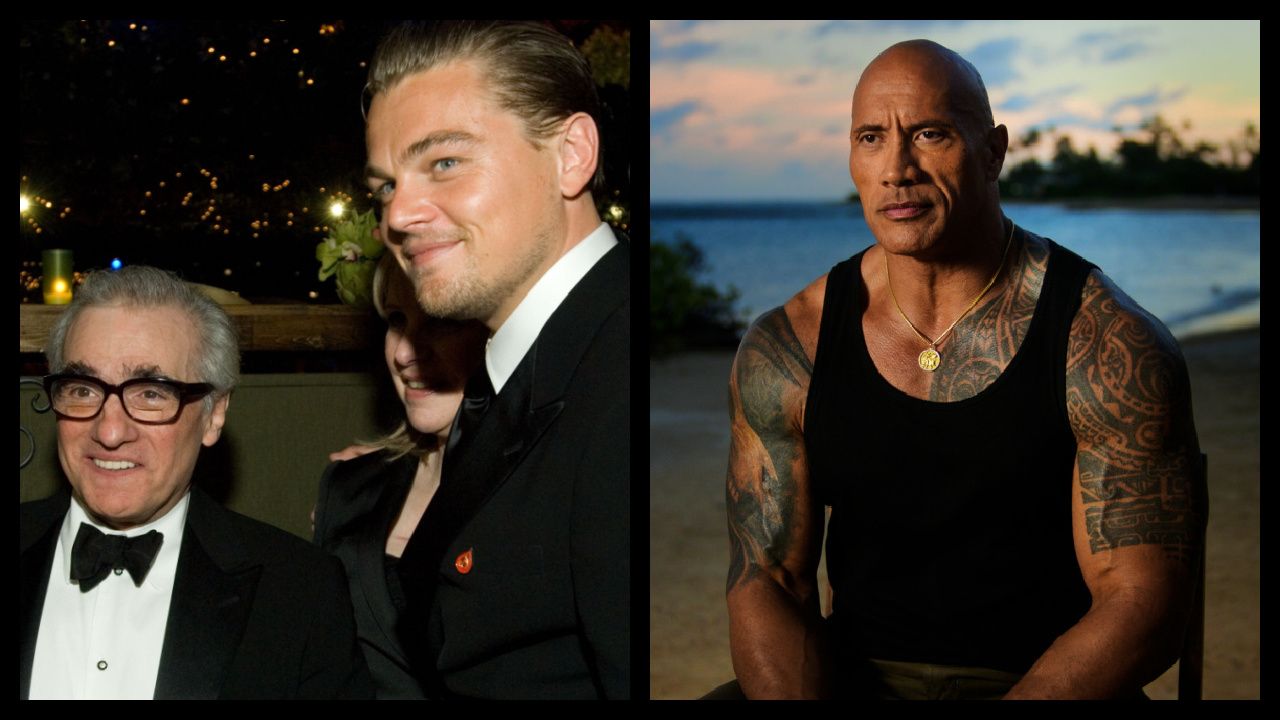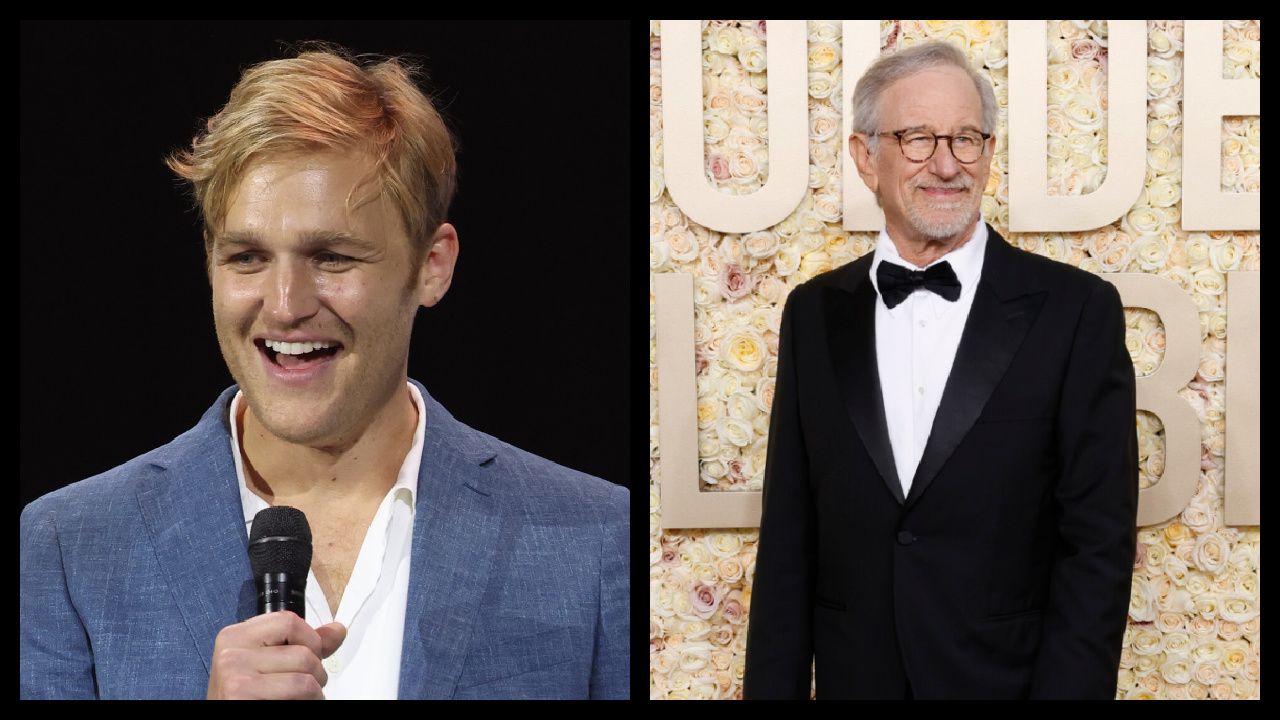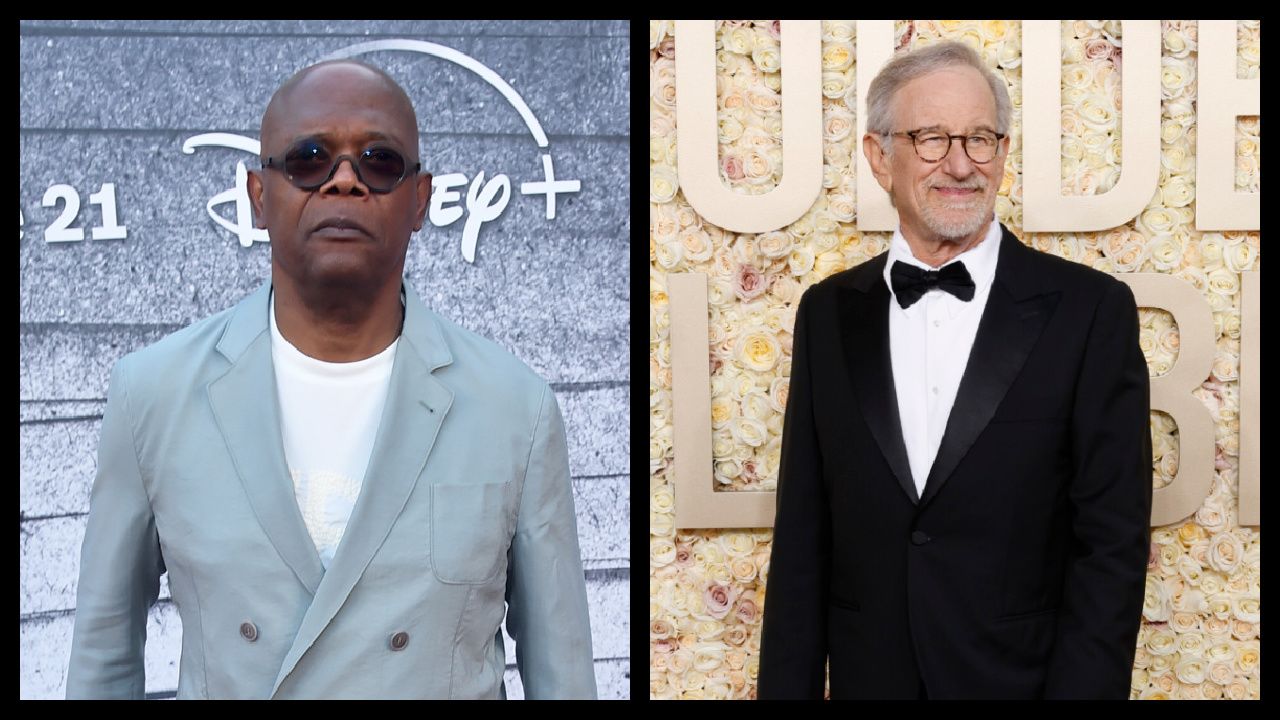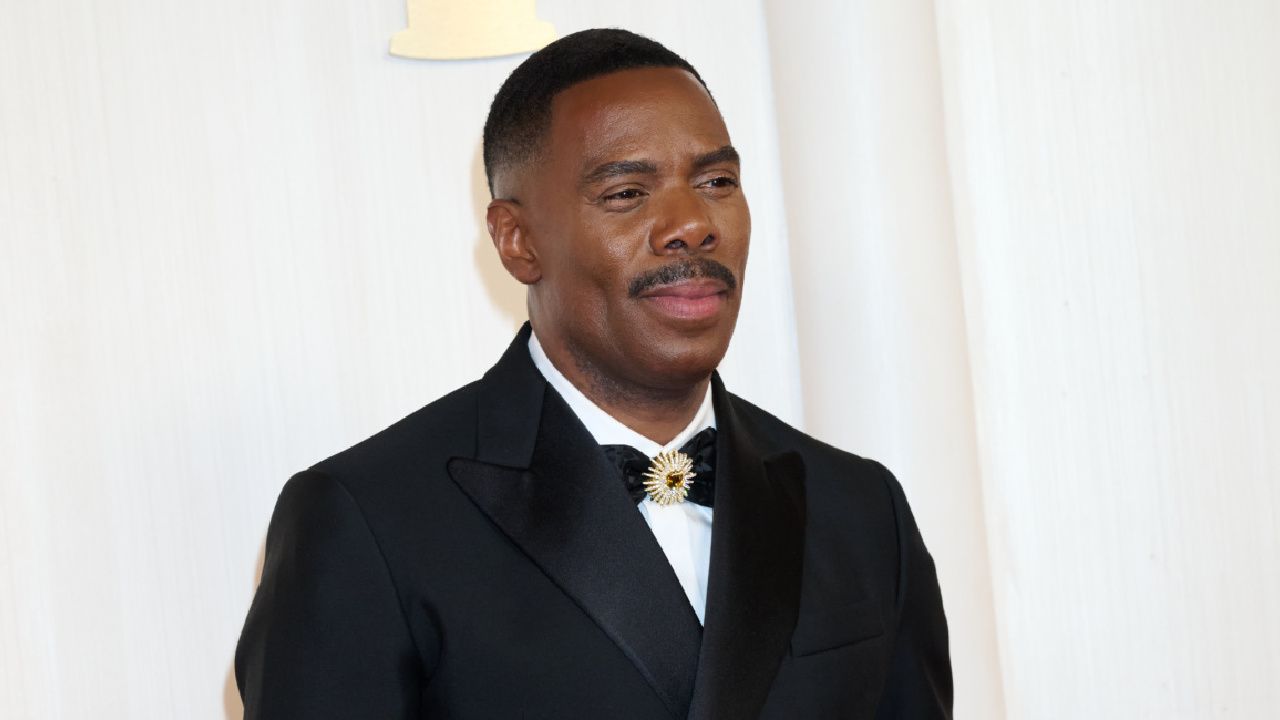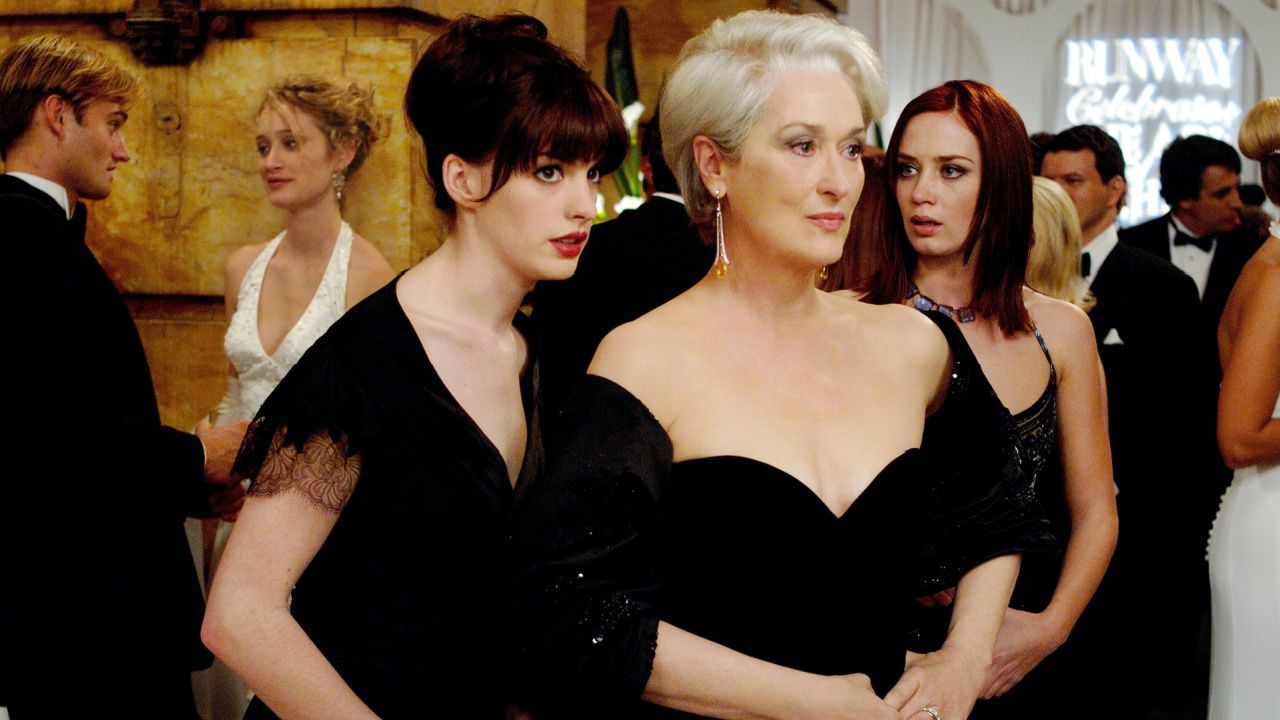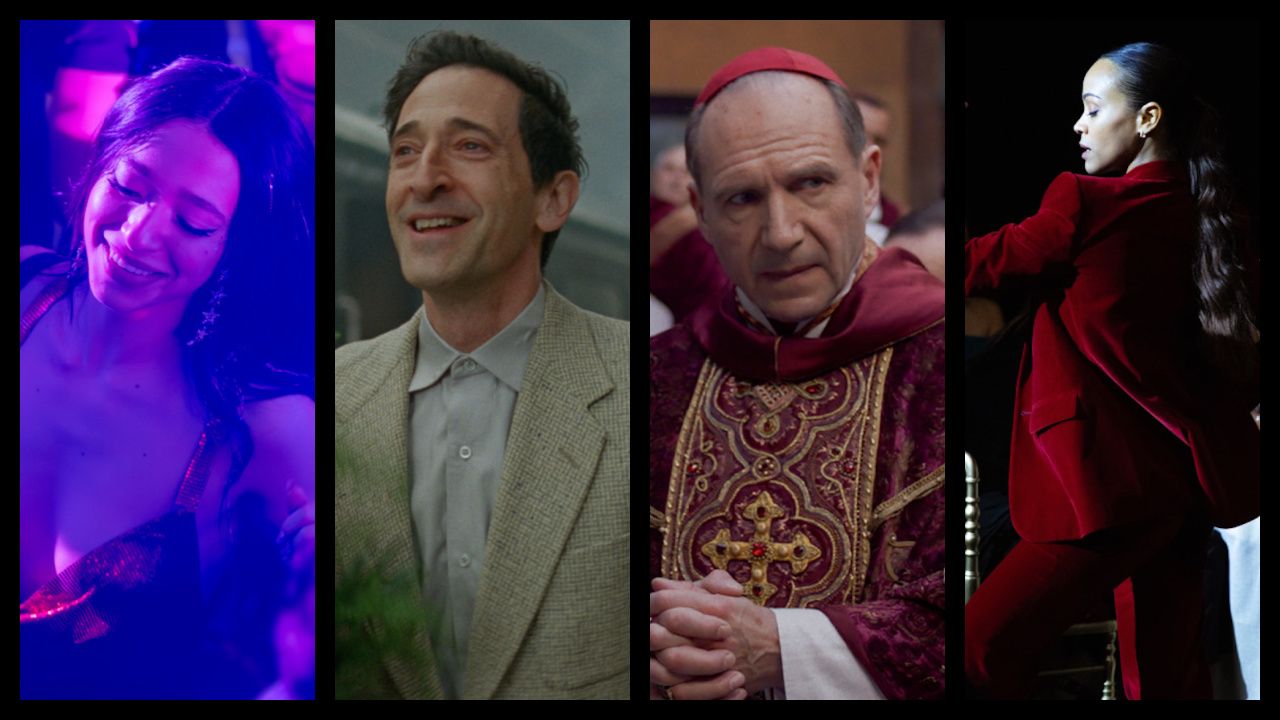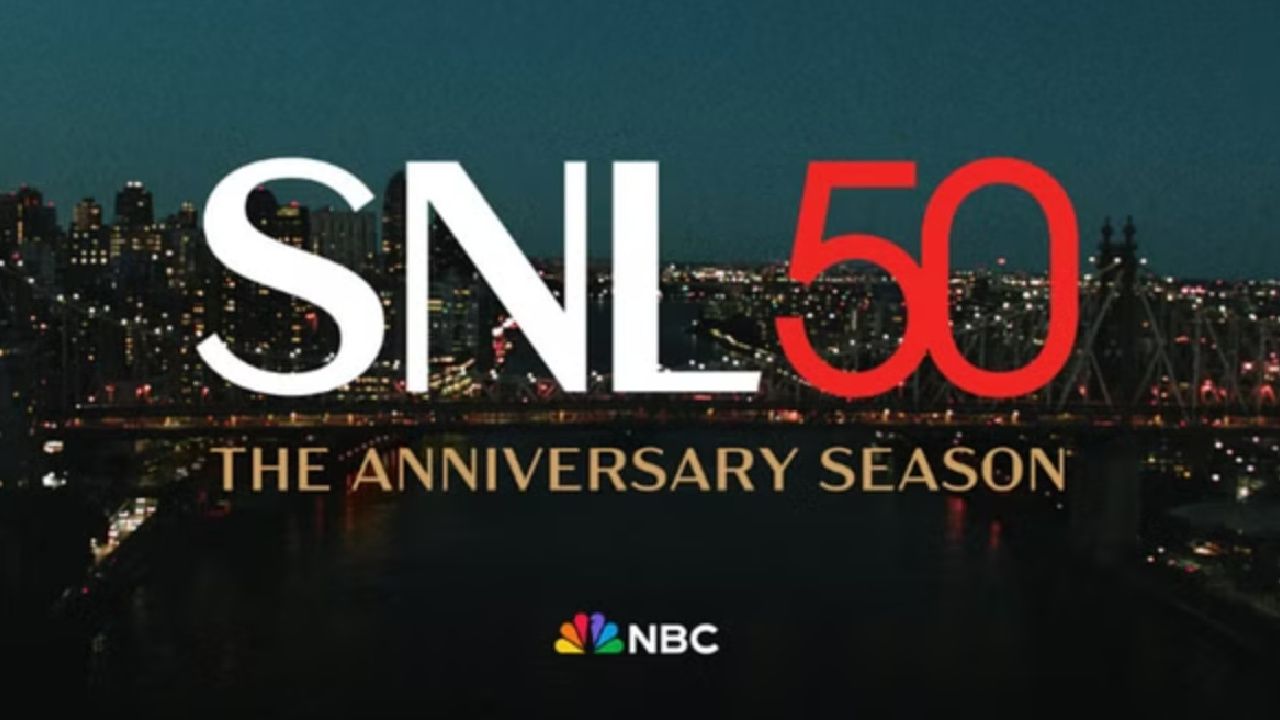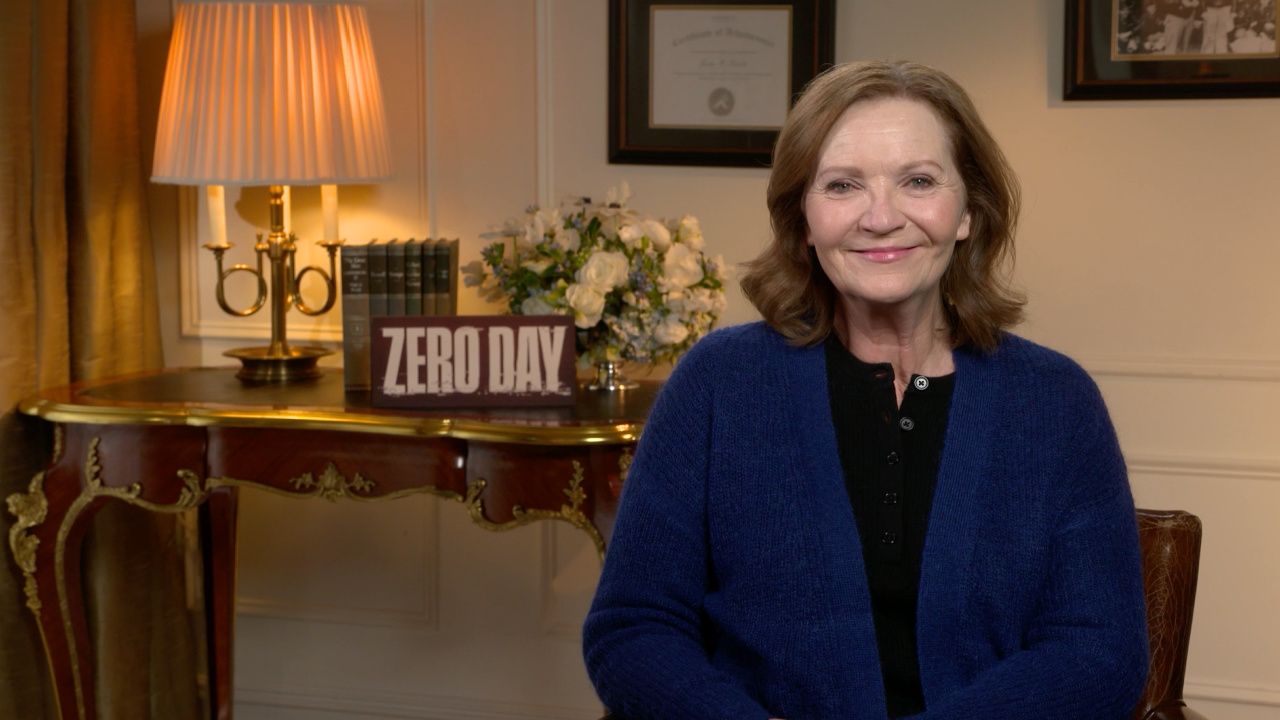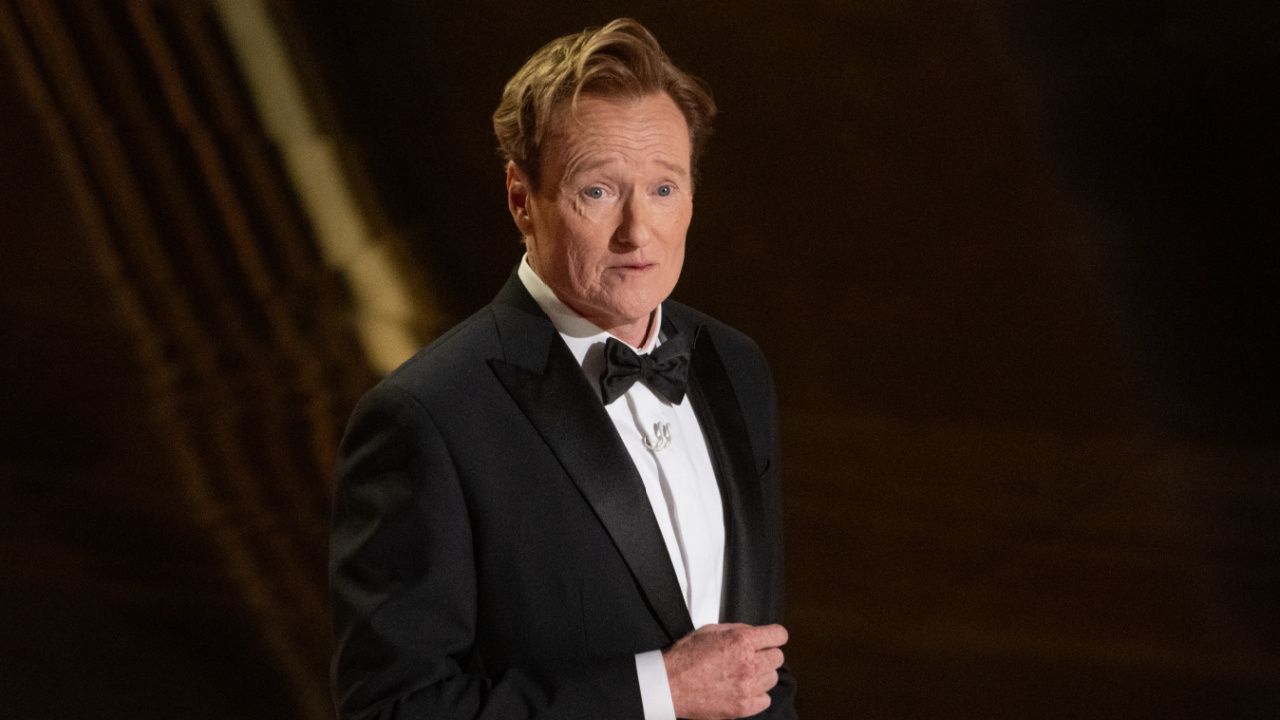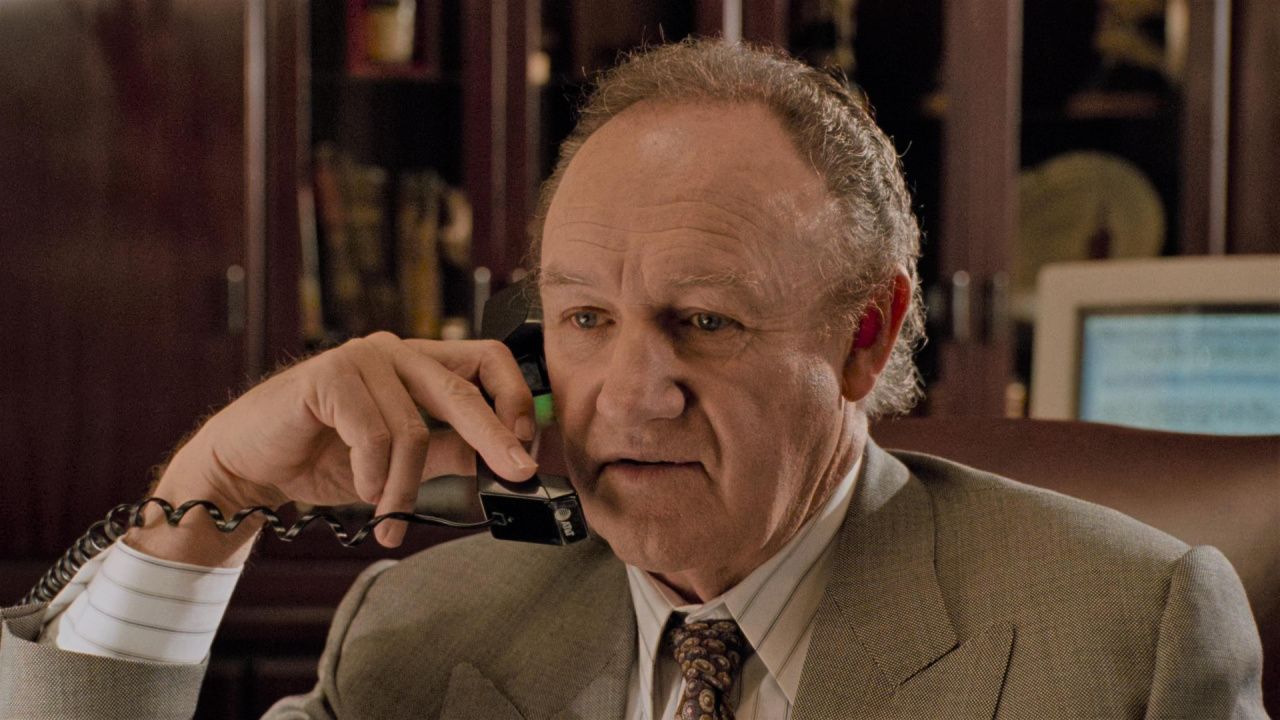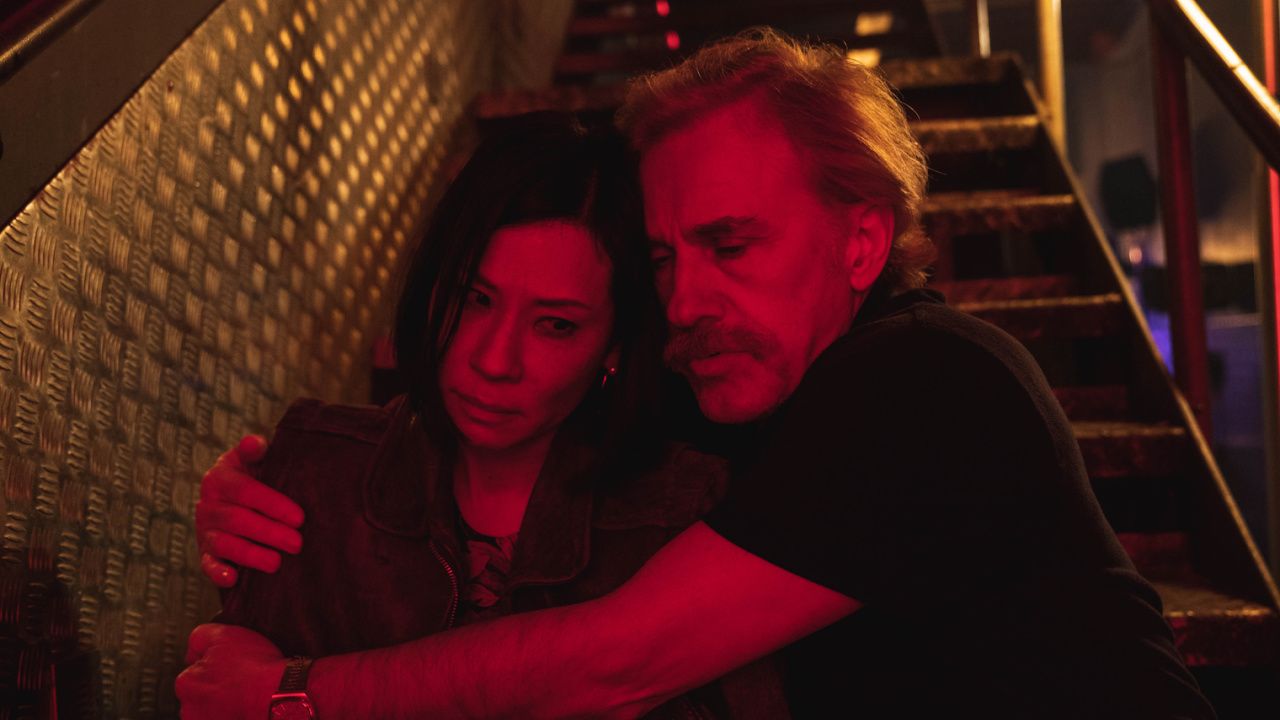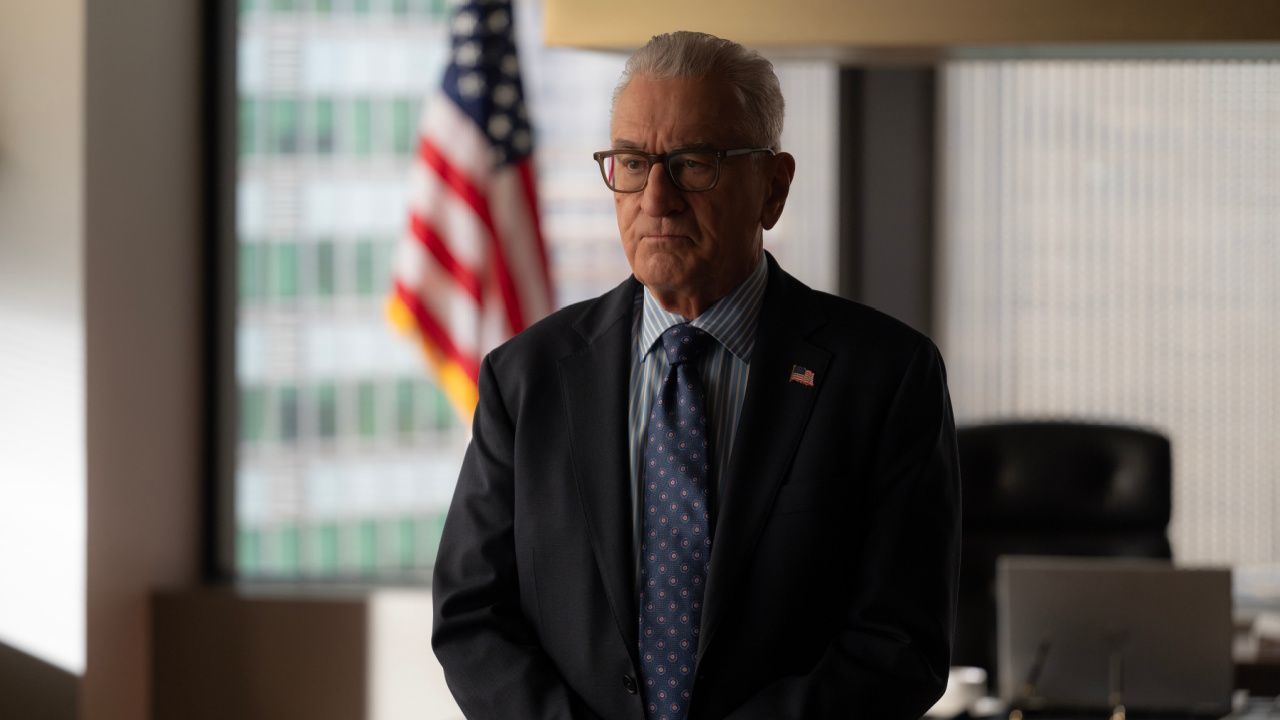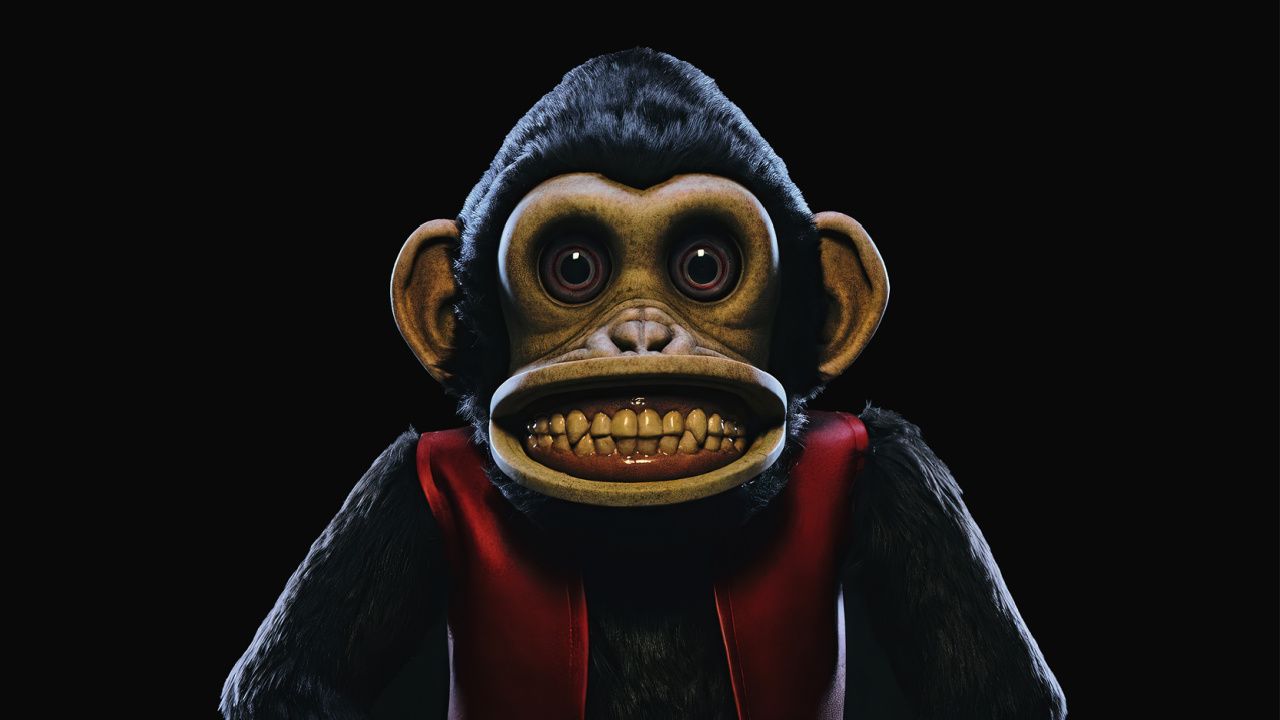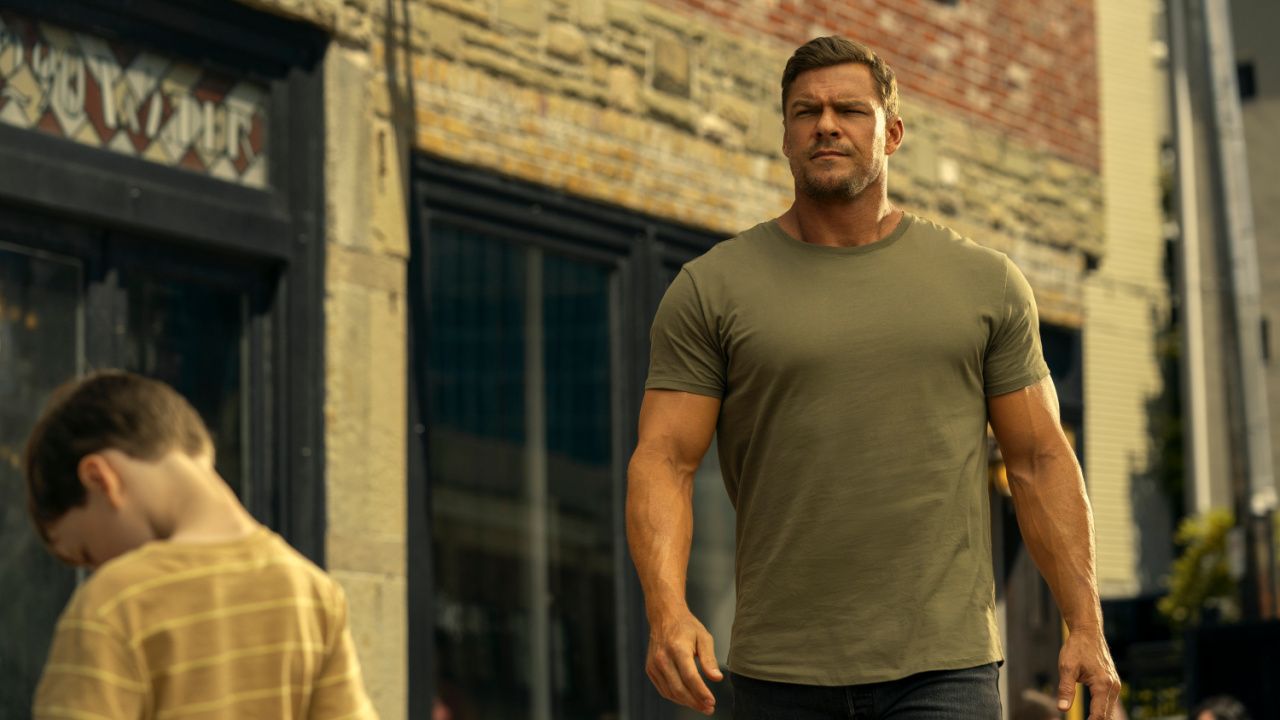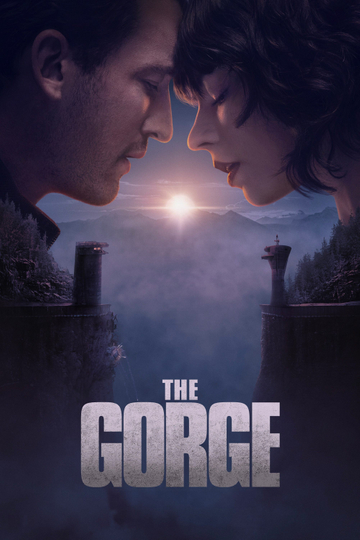'Mary Poppins Returns' Review: Disney Pulls Off a Sequel Almost As Great As the Original
If “Saving Mr. Banks” changed the way that you look at “Mary Poppins,” not only chronicling the contentious process of adapting P. L. Travers character for the screen, but exposing the deep-rooted motivations why she wrote them in the first place, “Mary Poppins Returns” wants to change it back.
Rob Marshall, one of Hollywood’s most commercially successful purveyors of movie musicals, attempts to bring back the escapist magic of the original film, and with the help of award-winning composers Marc Shaiman and Scott Wittman, he very nearly pulls it off. Mileage may vary on how deeply its story resonates about the beleaguered next generation of Banks children, but buoyant songs and terrific performances from the likes of Emily Blunt, Lin-Manuel Miranda, and Ben Whishaw make for an anachronistic, enchanting homage/follow up to the 1964 original.
Whishaw and Emily Mortimer (“Hugo”) play Michael and Jane Banks, who decades after the events of the first film have grown into joyful but troubled adults. Their personal woes and financial troubles have erased the magic of Mary Poppins from their memories. Michael works at Fidelity Fiduciary Bank, but the death of his wife -- and his subsequent shift to single parenthood -- has put their home in jeopardy of foreclosure; Jane, a union organizer, earns too little to be of much help. But when the children discover an old kite and take it out on a blustery day, they lose it in the clouds, only to retrieve Mary Poppins (Blunt). She returns with them to the Banks home to provide some much-needed assistance, while Michael and Jane begin their search for a solution to their monetary woes.
Reconnecting with Jack (Miranda), a friendly lamplighter, Mary takes Michael’s children with her on errands that inevitably seem to be delayed by unusual detours -- including a visit to Mary’s oddball cousin Topsy (Meryl Streep, “The Post”). But when Fidelity Fiduciary’s penny-pinching president William Wilkins (Colin Firth) becomes determined to lay claim on the Banks house regardless whether or not they are able to gather funds to pay off its mortgage, Mary is forced to conjure more than her usual dollop of magic to save the house and rescue the Banks family from ruin.
As skilled as Marshall (“Into the Woods”) is at mounting musical numbers, it’s his nondescript, largely functional style as a storyteller and filmmaker -- cowriting here with David Magee and John DeLuca -- that best serves this tribute to the original film, and more broadly, to that particular era of Disney’s live-action output. There are thankfully few instances where Travers’ characters feel updated or transformed to suit the demands of savvier, contemporary audiences, instead focusing on and celebrating the core appeal of Mary’s vibrant, impish charms, and the feckless mortals that she helps with cheerful, pretend exasperation. There’s a delightful throughline from the first film to this one about the way the world extinguishes and obscures the magic that children see in everyday things, making the choice to foreground Michael and Jane almost more than his three children one that expands its appeal to audiences of all ages.
Blunt’s performance as Poppins not only ties together but sells this redux of “Mary Poppins” mythology, possessing not only the right singing chops to elevate her songs to, well, somewhere in the vicinity of Julie Andrews’ originals, but the perspicacity and exuberance to let the character only play at being put out by the Banks foibles while actually thrilling at each new improbably adventure they embark upon. Miranda remains something of an acquired taste on screen -- saying nothing of his peerless musicality -- but he certainly hams it up as Jack, an apprentice of Dick Van Dyke’s Bert who understands and appreciates Mary’s mysterious ways without bothering with the pesky, unsatisfying hows and whys.
A wonderful hand-drawn animated sequence further bridges the almost 55-year gap between the two films, further enhancing Marshall’s deft revival of the fantastical escapism that made the original quite so indelible. Meanwhile, Shaiman and Wittman generate some pretty remarkable facsimiles of the Sherman brothers’ work, both lyrically and structurally within the story, even if it’s yet to be determined how well they will stand the test of time.
But as a whole, “Mary Poppins Returns” offers a welcome, wholesome return to a bygone era of storytelling whose anachronistic charms underscore just how much moviegoers have grown up since the original -- as well as how much fun it can be for them to revisit.


